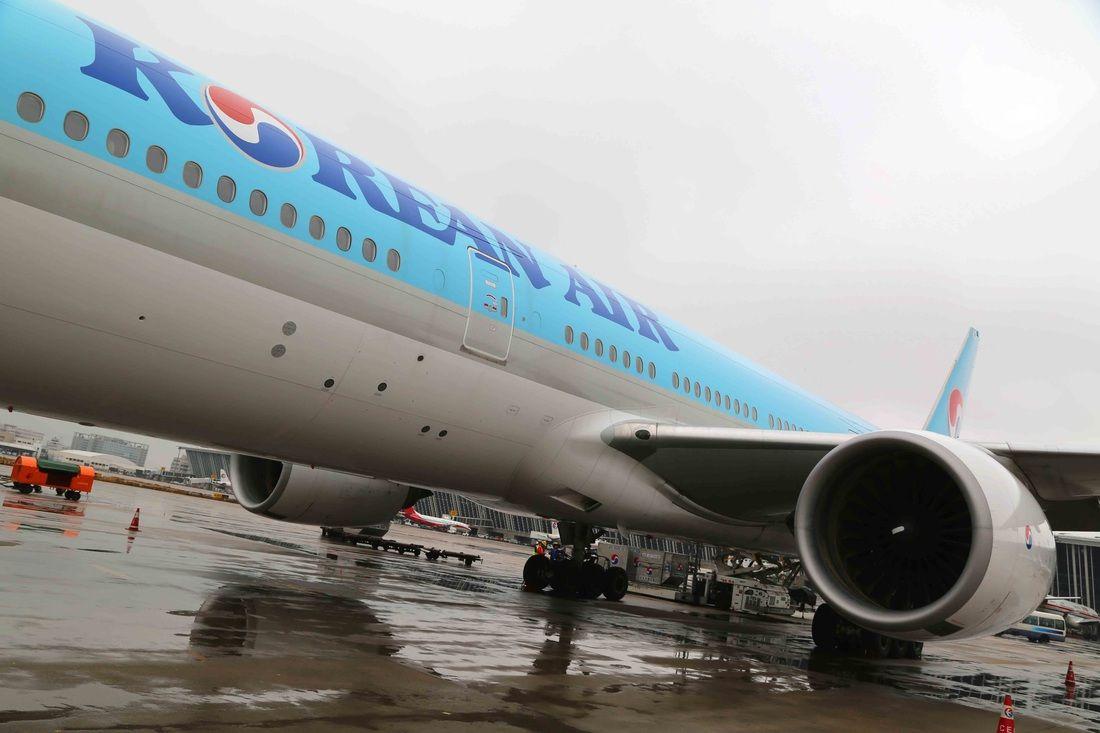The recent departure of a Russian cargo plane from Syria to Libya has drawn attention to the evolving dynamics of air transport between the two nations. This flight is part of a broader trend that suggests an increase in logistical operations and trade activities, which could have implications for both countries involved.
Historically, air transport has played a crucial role in facilitating international trade and military logistics. In the context of the ongoing geopolitical situations in both Syria and Libya, the movement of cargo planes signifies more than just commercial interests; it reflects the strategic partnerships and alliances that are being formed in the region. The cargo plane, identified as a heavy transport aircraft, is expected to deliver goods that may include military equipment, humanitarian aid, or construction materials.
The significance of this flight is underscored by the fact that it is not an isolated incident. Reports indicate that additional flights are anticipated in the coming weeks, which could lead to a more robust air corridor between Syria and Libya. This development raises questions about the nature of the goods being transported and the potential beneficiaries of these shipments. Analysts suggest that the increased air traffic could be indicative of Russia’s continued involvement in the Middle East and North Africa, particularly in relation to its strategic interests in Libya.
Libya, which has been embroiled in conflict for several years, has become a focal point for various international actors seeking to exert influence in the region. The influx of cargo flights from Russia could be seen as a move to bolster the existing alliances with certain factions within Libya, particularly those that align with Russian interests. This support may manifest in various forms, including military assistance, which has been a contentious issue among international observers.
Moreover, the logistical capabilities of cargo planes allow for rapid deployment of supplies and equipment, which is particularly crucial in regions experiencing instability. The ability to transport large quantities of goods quickly can significantly impact the operational capabilities of groups on the ground. As such, the implications of these flights extend beyond mere transportation; they could potentially alter the balance of power within Libya.
In addition to military logistics, the cargo flights may also serve commercial purposes. The economic landscape in Libya has been severely affected by years of conflict, leading to a need for reconstruction and development. Russian companies may be looking to capitalize on this situation by providing necessary materials and expertise through these air transport routes. This could pave the way for increased economic ties between Russia and Libya, which may be beneficial for both parties.
The situation in Syria adds another layer of complexity to the analysis of these cargo flights. The Russian military has maintained a significant presence in Syria since its intervention in the civil war, and the logistics established there could serve as a launch point for operations in other regions. The ability to facilitate cargo transport from Syria to Libya could reflect a strategic maneuver to enhance Russia’s influence in North Africa while simultaneously supporting its military objectives in the Middle East.
As the international community continues to monitor developments in both Syria and Libya, the emergence of more cargo flights could prompt discussions regarding the implications of increased Russian involvement. Questions surrounding the legality and ethical considerations of such operations may arise, particularly if military equipment is involved. The potential for escalation in conflict or increased tensions between various factions in Libya could also be a consequence of these logistical activities.
In conclusion, the recent departure of a Russian cargo plane from Syria to Libya marks a notable development in the realm of international air transport. With additional flights expected, the implications of this increased air traffic could have far-reaching effects on the geopolitical landscape in both regions. The intertwining of military logistics and commercial interests may shape the future of Russia’s role in the Middle East and North Africa, warranting close observation from analysts and policymakers alike.



